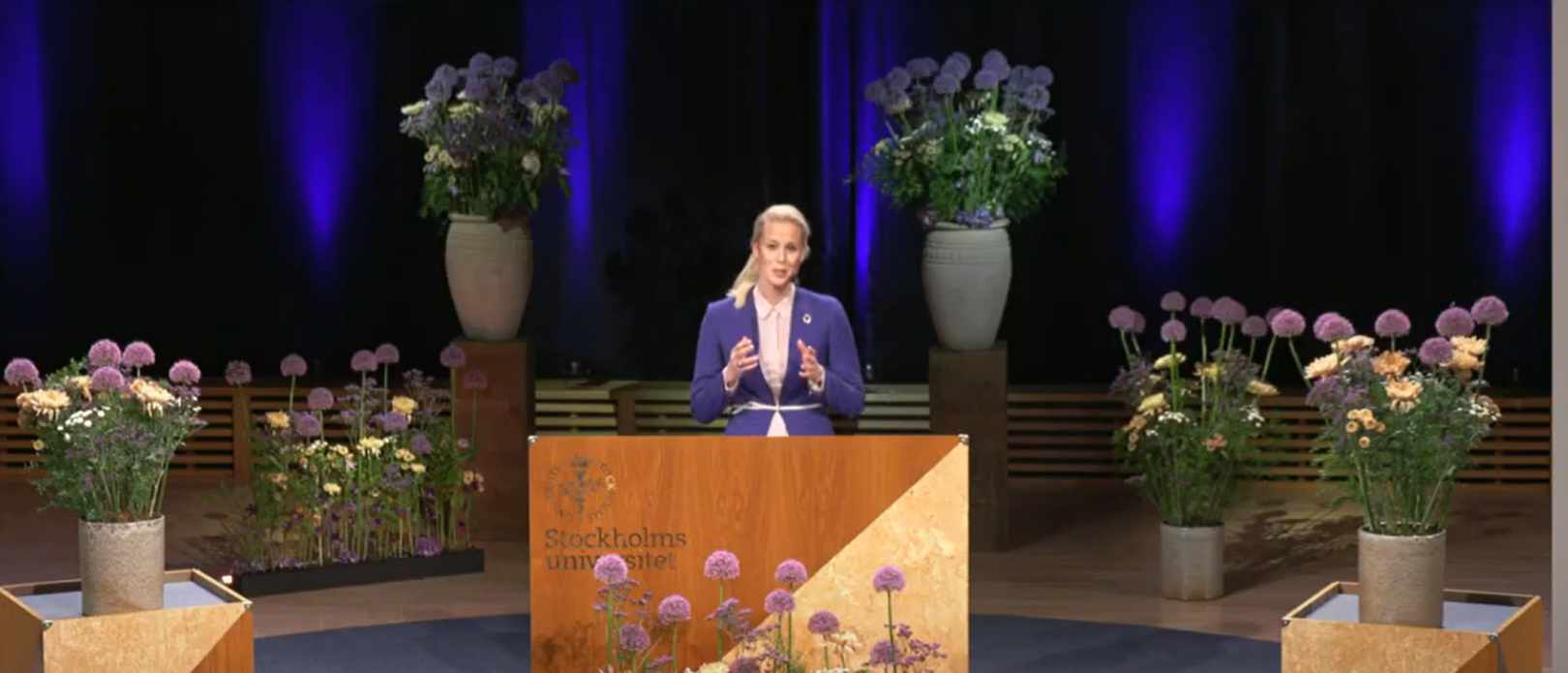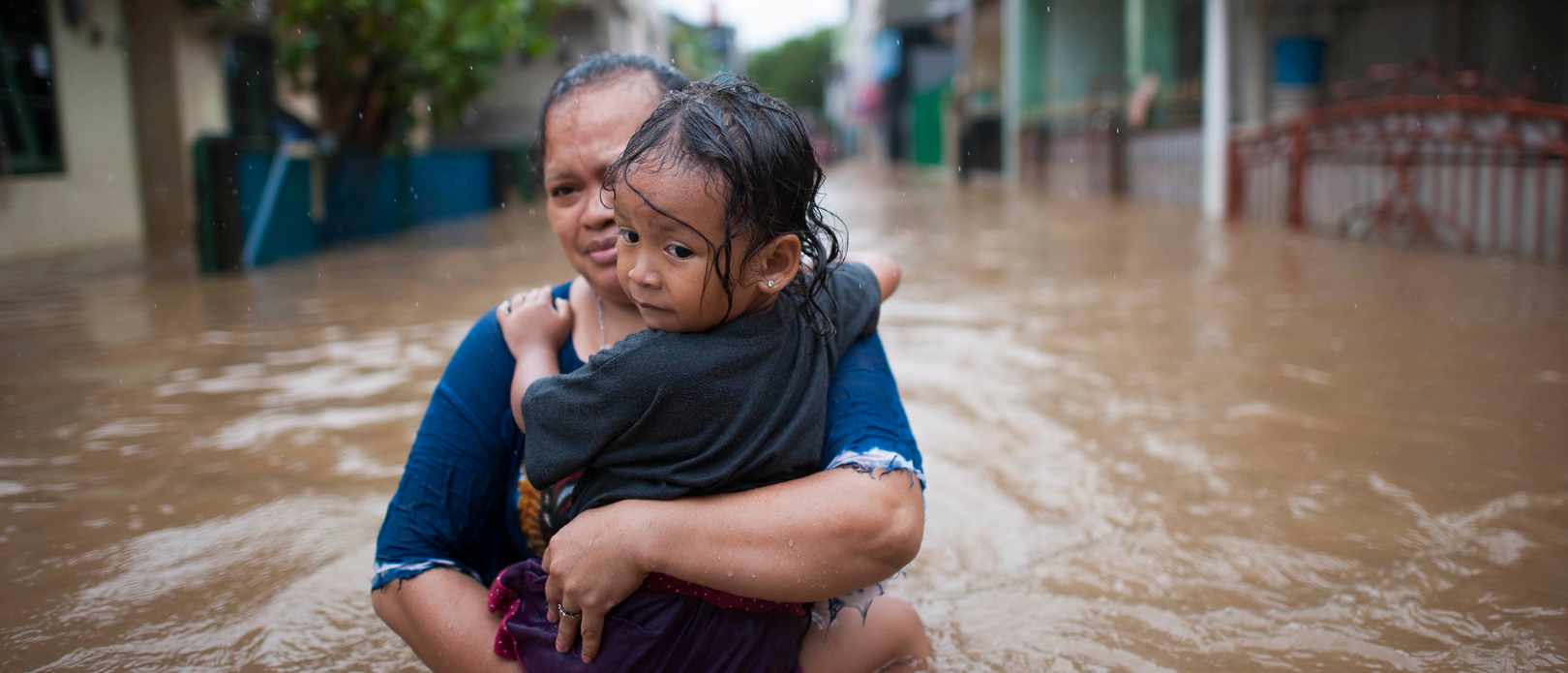WEBINAR
Summary of first Nobel Prize Summit science session
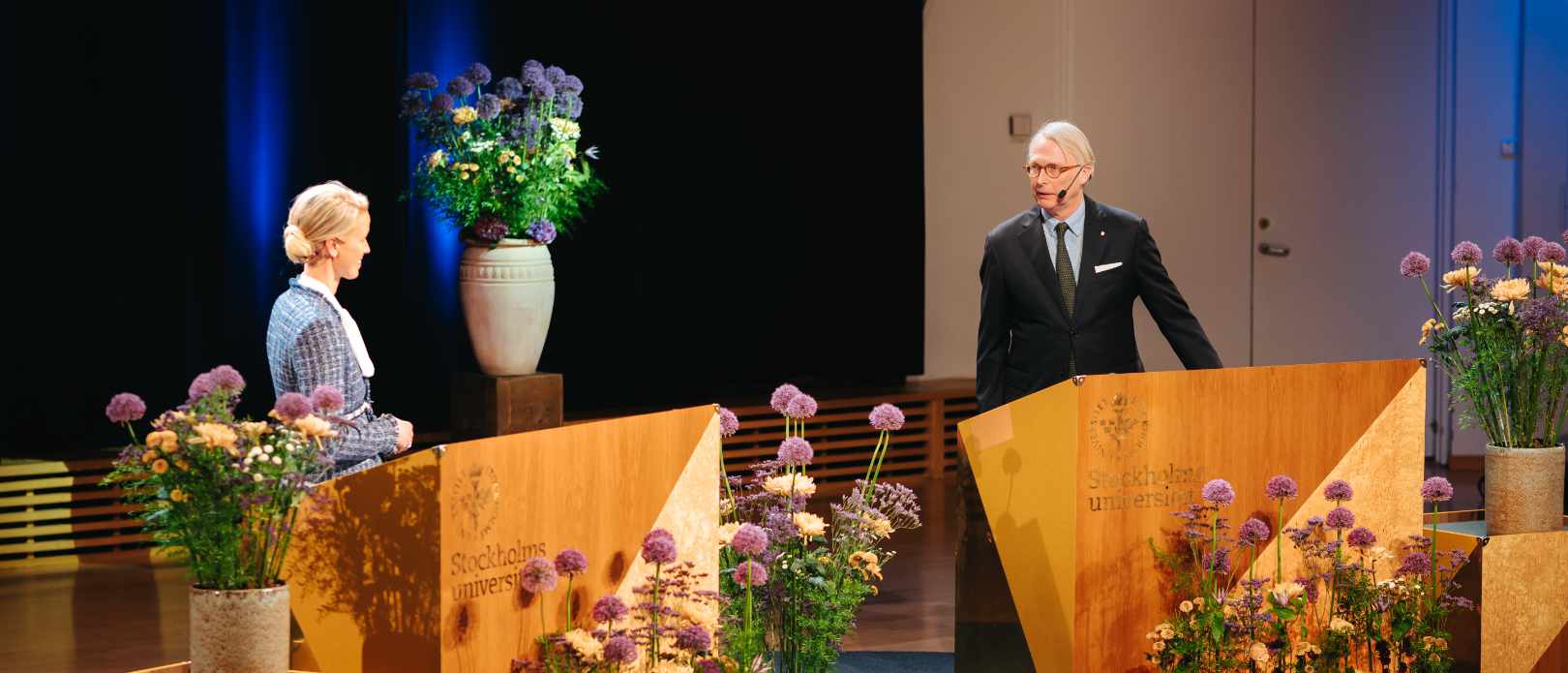
Quotes, videos and reflections from the first of two science sessions during the Nobel Prize Summit 2021
- The digital Nobel Prize Summit brought together Nobel Prize Laureates, scientists, policymakers, business leaders, and youth leaders to explore what can be achieved to put the world on a path to a more sustainable, more prosperous future for all of humanity
- The first of two science sessions focused on the role of science in supporting transformations towards global sustainability
- Contributions included HRH Crown Princess Victoria of Sweden, Carl Folke, Jane Lubchenco, Partha Dasgupta, Pamela Matson and the three editors-in-chiefs of Nature, Science and the Lancet
WATCH THE FULL WEBINAR IN THE VIDEO ABOVE.
Designed for Nobel Prize Laureates and other scientific experts, the science session focused on the role of science in supporting transformations towards global sustainability and resilient societies.
The broadcast started in Stockholm University’s grand lecture hall Aula Magna with strong opening remarks from Göran K. Hansson, secretary general of the Royal Swedish Academy of Sciences, and HRH Crown Princess Victoria of Sweden.
"It's a daunting task to transform towards global sustainability, but it can be done,” concluded Hansson.
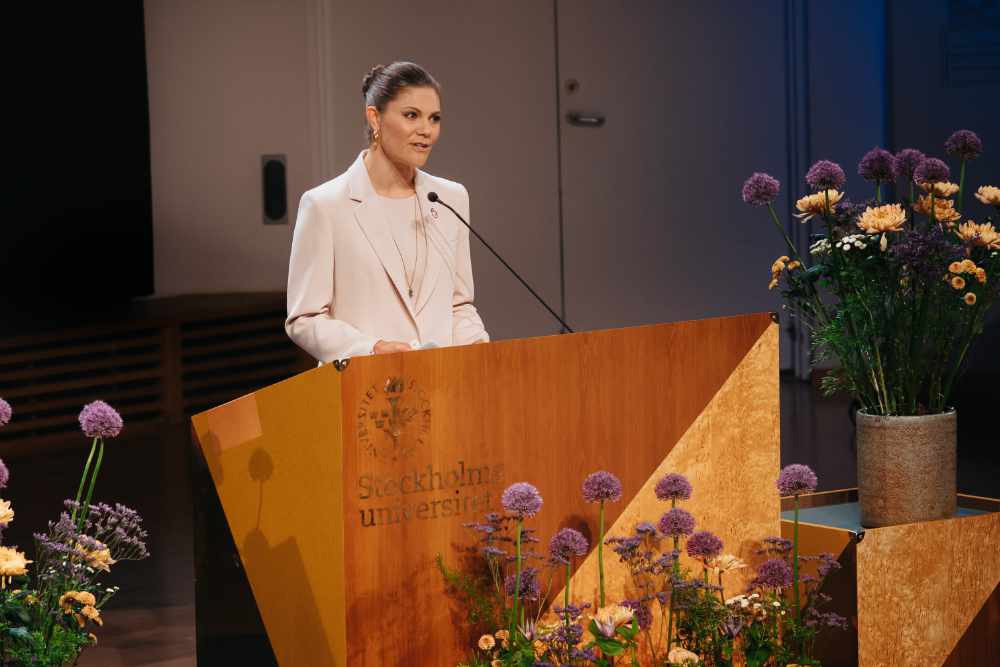
Despite all our human efforts, in the end we depend on nature to help us.
HRH Crown Princess Victoria of Sweden
Four keynotes
The first keynote presentation was held by centre chair Carl Folke, summarizing the key messages from a White Paper commissioned for the Nobel Prize Summit.
Professor Folke, who is also the director of the Beijer Institute and member of the US National Academy of Sciences (NAS), was the lead author of the paper.
It is entitled Our future in the Anthropocene biosphere and was recently published in Ambio, the journal of the Royal Swedish Academy of Sciences.
It's wrong to treat societies as one thing and the environment as another. In today’s world everything is completely intertwined. To really be able to collaborate we need trust and social capital. Inequality is a counter force in this space.
Carl Folke
The second keynote was from professor Pamela Matson at Stanford University. Her presentation focused on six capacities that need to be in place to enable sustainability: Capacity to adapt to shocks, to transform systems, to measure progress, to govern collaboratively, to turn knowledge into action, and to foster equity.
Sir Partha Dasgupta from University of Cambridge, focused on the economics of biodiversity.
He called for three broad and interconnected transitions based on his recent report “The Dasgupta Review”:
1) balance humanity’s demand with nature’s supply, and increase supply relative to its current level
2) change our measures of economic success
3) transform our institutions and systems.
He also focused on misguided subsidies that harm the environment:
“Nature is our home, but we pay ourselves to exploit rather than protect our home."
Jane Lubchenco, adviser to the US President and professor at Oregon State University, focused on ocean stewardship and the need for a new narrative, explaining that the ocean is too important to neglect.
The ocean offers solutions and hope, and we are seeing new narratives emerge. It can play a central role in addressing the climate crisis. It has not been a go-to place for mitigation. It should be, it needs to be.
Jane Lubchenco
She also cited recent research indicating that the ocean could provide over six times more food than it does today with better management and technological innovation.
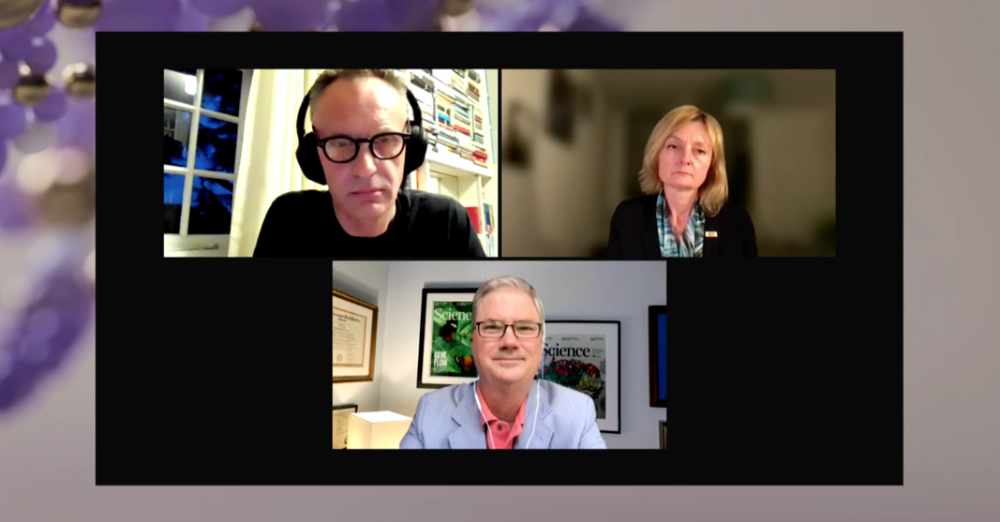
Comments on the keynotes
The keynotes were commented by the editors-in-chiefs from three of the most prestigious science journals in the world: The Lancet, Nature and Science. The following are selected quotes from their respective remarks.
Richard Horton (the Lancet) said:
“The pandemic is the opportunity of a generation to redefine the goals of humanity. Those who are most marginalised and excluded from society are now at the centre of the political stage and our common discussion.”
Magdalena Skipper (Nature) called for transformation of education and the need for being more inclusive:
Science belongs to us all. Let's make it our goal that our discussions resonate with everyone on this planet, that our theme ‘Our Planet Our Future’ rings true to everyone, no matter where they live.
Magdalena Skipper
Holden Thorp (Science) pointed out the threat of misinformation and disinformation to both science and society, and called for better communication and implementation of science in society:
“The way we teach science had to be reset when we went online. When we go back to the classroom let’s leave room in our curriculum for not just science, but for students to learn what to do with science.”
Panel dialogue
Professor Rosina Bierbaum of University of Maryland moderated a panel dialogue that touched upon a broad set of issues such as existential risks, systems thinking, leapfrogging technologies in developing countries, the need for new narratives, clean electricity and other global solutions.
Below are some selected quotes from the panellists:
Yuan Tseh Lee, NAS and Nobel Laureate in chemistry:
“We are citizens of a global system. We face global problems and we will need global solutions, like a global carbon tax.”
Marcia McNutt, President NAS:
“We must help developing nations go towards solutions that are cheaper, better for the environment and better for the people themselves.”
Brian Schmidt, NAS and Nobel Laureate in physics:
“We have huge opportunities looking at how to make cities more liveable for humans and nature”.
Hans Joachim Schellnhuber, Potsdam Institute for Climate Impact Research (PIK):
"There are many existential systemic risks in the pipeline, and science has to look for them. Ten years ago it was a taboo to even think about these things. We have narrowly escaped, but now the next thing may emerge."
A call for action
Finally, Brian Schmidt and Johan Rockström presented a call to action from the summit entitled Our Planet, Our Future – an urgent call for action. It was inspired by the discussions at the 2021 Nobel Prize Summit issued by the Steering Committee and co-signed by Nobel laureates and experts.
It depicts a grand vision and seeks to put science at the service of humanity and our future.
The Nobel Prize Summit is hosted by the Nobel Foundation and organised by the US National Academy of Sciences in partnership with the Potsdam Institute for Climate Impact Research and the Stockholm Resilience Centre/Beijer Institute.
Read more about the Nobel Prize Summit Our Planet, Our future
